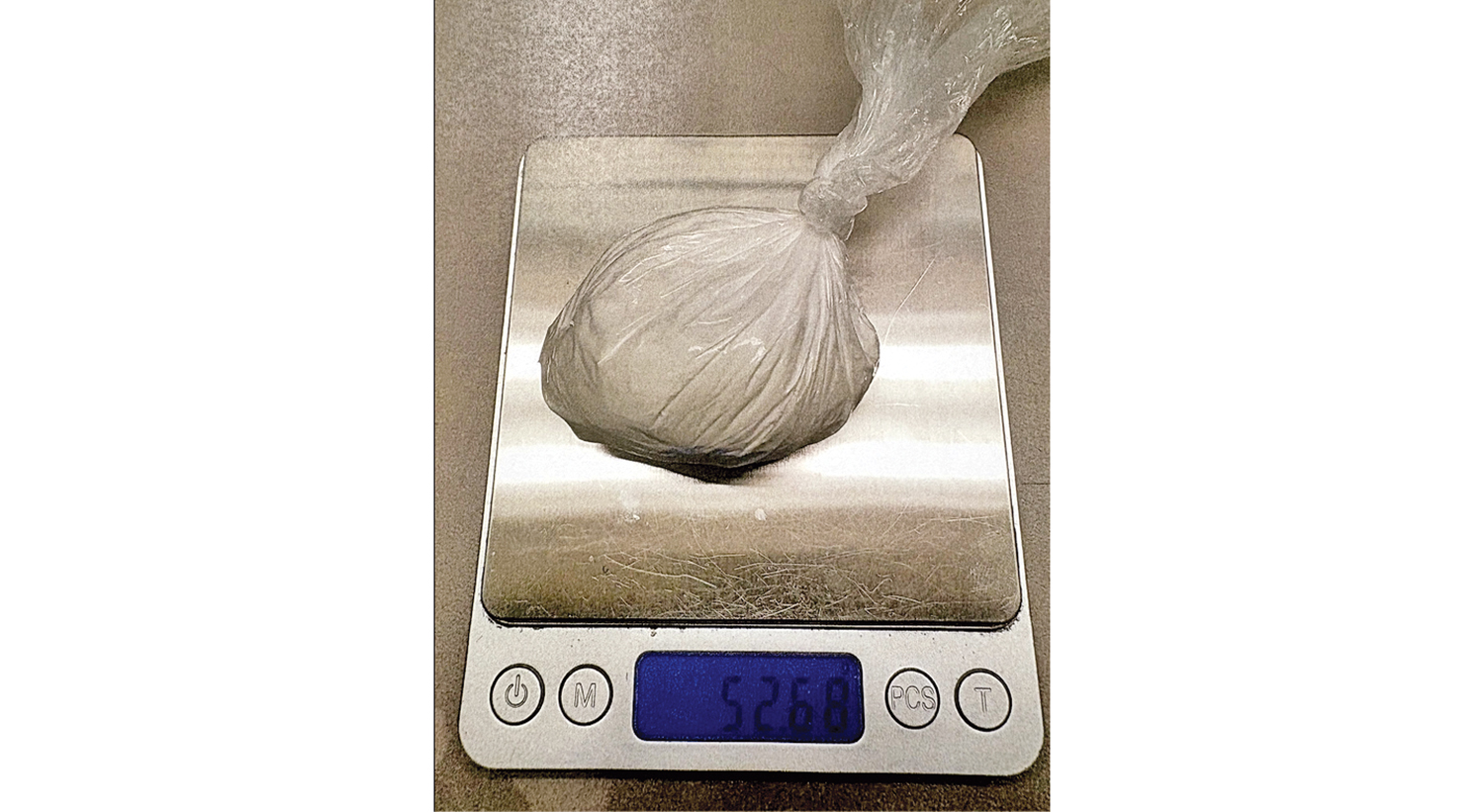Commission wants rates lowered
Published 10:35 am Friday, March 14, 2014
Getting lower rates for customers at the Union-Rome Sewer District is the goal of a resolution to bring in an independent accounting firm to review the district’s financials.
But how those rates got to that level of approximately $50 a month appears a matter of debate.
“We believe those rates are ridiculous,” Commission President Les Boggs said at the commissioners’ Thursday meeting.
Boggs then proposed hiring an independent CPA firm, which was passed unanimously by the commission.
“(The firm would) determine if the Union-Rome system would be viable if we could give a decrease to the residents,” Boggs said. “We would take that study to the OWDA (Ohio Water Development Authority).”
Commissioner Freddie Hayes said when he went onto the commission, the biggest complaints he received were about the sewer bills.
“We have high delinquency,” he said. “Some people won’t pay and some can’t. It is the sewer bill or medicine.”
The current Union-Rome sewer plant was built for approximately $25 million in 2008 financed through a loan from OWDA. Original terms were at an interest rate of 3.25 percent over a 10-year period. At that time the county was still paying off the non-callable bonds issued to finance the former system at 9.78 percent interest rate. Those bonds did not mature until 2012.
Boggs said when the county defaulted on the first payment on the new plant, the OWDA determined the new rates then and all subsequent increases.
“We are going to tell you what the rates will be,” Boggs said the OWDA told the county.
Now with the bonds on the old plant retired there is $1.5 million in reserve that could be used to offset the current rates, he said.
County Auditor Jason Stephens was on the commission when the latest plant was built.
“One of the reasons for the expense of the plant was the fact it was the type of plant that produces essentially distilled water out of the plant,” he said. “It will always, always meet the environmental standards.”
At the time the new plant was proposed the district was promised an earmark of $5 million from the federal budget plus $5 million in stimulus funds.
“That in my opinion would have enabled the rates to stay roughly the same,” Stephens said.
However, none of the additional money came through.
When the county defaulted, commissioners went back to OWDA to renegotiate the loan at 1 percent over 30 years Stephens said.
“That will ultimately save the system over $5 million in interest from the original loan,” he said.
In 2011 the commission raised the sewer rate from $29 to $37 a month by a resolution passed in 2010 that was part of the negotiations.
“That resolution had rate increases included,” Stephens said. “However, it was my thought at the time that each year those raises would be studied by the county commission to see if they were actually necessary. Whether that study has been done by the county commission since then I do not know.”
However Boggs disputes that.
“In order for us to receive a renegotiation of the loan the OWDA mandated by a study they performed what the rates would be each year,” Boggs said. “Nowhere in the agreement did the commissioners have the authority to change those rates.
“When the loan payment came due at the end of 2008, the money was not in place to pay it. The previous commissioners had agreed to give small rate increases in 2007 and 2008. They did not do that and thus did not have the money to pay the loan payment. Now it looks like the Union-Rome sewer system is in better financial condition and Freddie and I believe a decrease is warranted.”
However that is not how Stephens says the events happened.
“The payment was defaulted in 2010 for the simple fact we had been promised those grants,” he said. “When the grants fell through, the money was not there to make those payments. Therefore the loan was renegotiated. As part of the renegotiation, the commissioners agreed to increase the rates in order to make the payment. The OWDA, in my opinion, did not set the rates. The commissioners have the authority to set the rates. They always have and always will. My understanding is as long as the sewer system is able to make the payments on the debt the rates do not matter to the OWDA, in my opinion.





